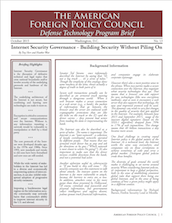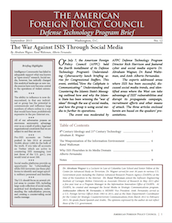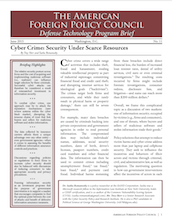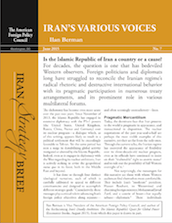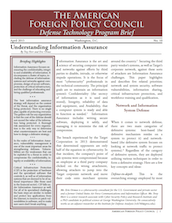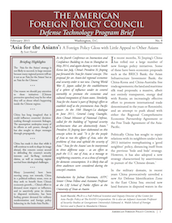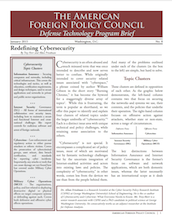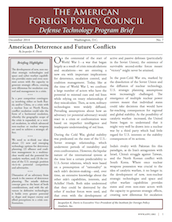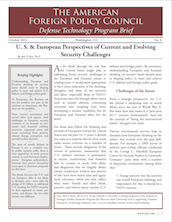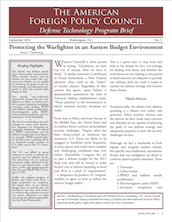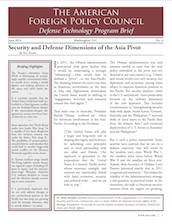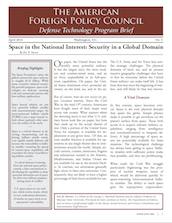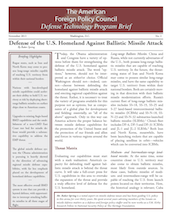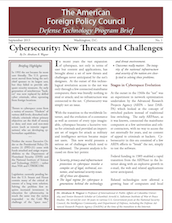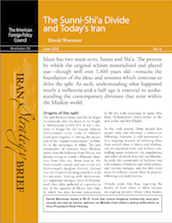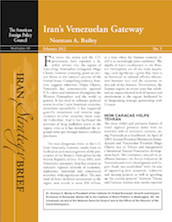January 31, 2012
For years, the media and the U.S. government have repeated a familiar refrain: that the regime of now-ailing Venezuelan strongman Hugo Chavez, however annoying, poses no serious threat to the national security of the United States. Compelling evidence, however, suggests otherwise. Under Chavez, Venezuela has systematically opposed U.S. values and initiatives throughout the Western Hemisphere and the world in general. It has tried to influence political events in other Latin American countries, sometimes successfully. It has supported guerrilla movements and terrorist organizations in other countries (most notably Colombia). And it has facilitated the activities of drug traffickers active in the region, even as it has destabilized the regional status quo through massive military purchases.
The most dangerous threat to the U.S. from Venezuela, however, results from its facilitation and encouragement of the penetration of the Western Hemisphere by the Islamic Republic of Iran. Since 2005, with Venezuela’s assistance, Iran has created an extensive regional network of economic, diplomatic, industrial and commercial activities, with significant effect. The sum total of Iran’s declared investments in the region now stands at some $20 billion, at a time when the Iranian economy itself is in exceedingly poor condition. The depths of Iran’s involvement in the Western Hemisphere are all the more surprising—and significant—given that there is no historical or cultural affinity whatsoever between Iran and the countries on this side of the Atlantic. Nevertheless, the Iranian regime in recent years has exhibited an unprecedented level of interest and involvement in the region, facilitated by its burgeoning strategic partnership with Caracas.
